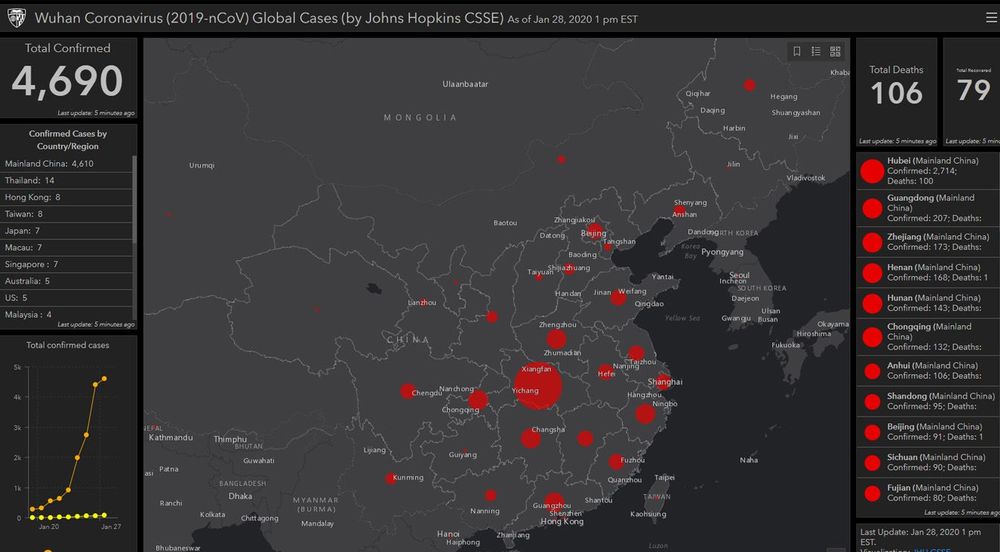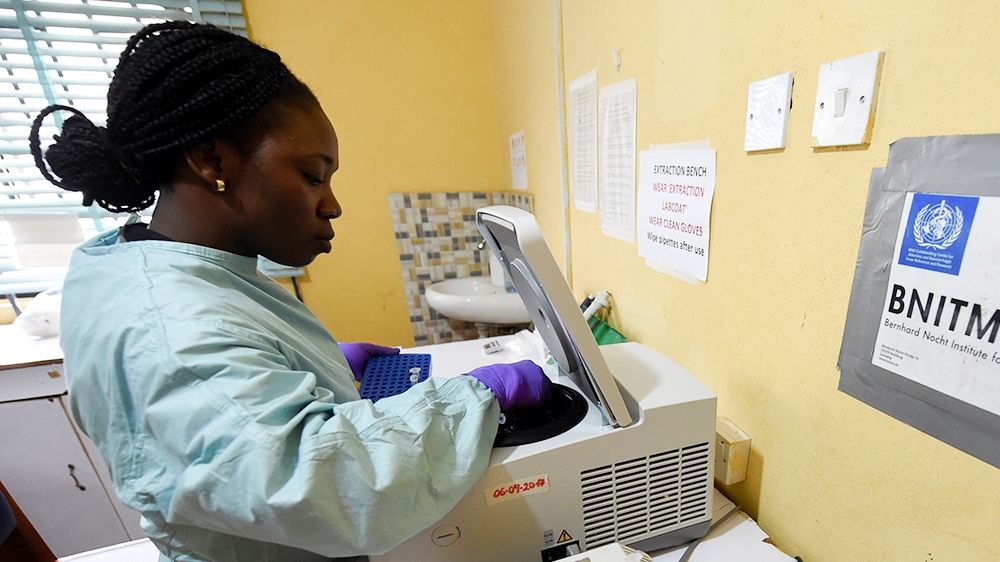Though scientists and doctors around the world are trying to tackle the epidemics, there’s actually no cure or vaccination for saving patients from this deadly virus. However, Dr. Thanikasalam Veni, an Indian doctor who pays attention to Ayurveda and Siddha medicine, has created an herbal cure made from several plants in search of shutting down the invasion of Wuhan Coronavirus before it threatens more lives.
According to Dr. Thanikasalam, his cure basically consists of herb extracts, focusing on easing viral fever. Because experts have yet to come up with real Corona remedies, it’s considered an effective way to treat dengue, multi-organ failure as well as acute liver fever. With the availability of this new method, patients reportedly need to take just about 24–48 hours of curing to withstand the coronavirus infection.
In a statement, the Indian doctor said he aims to notice both the Chinese government and the World Health Organization (WHO) about the effectiveness of such herbal extract medicine for the multi-organ failure once a person has to suffer corona fever condition in most cases, which can result in his death.









